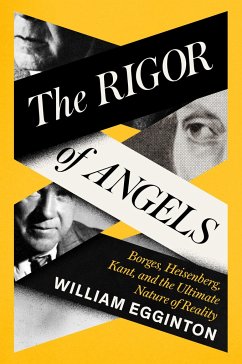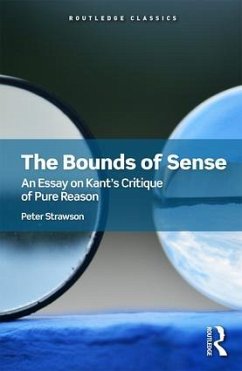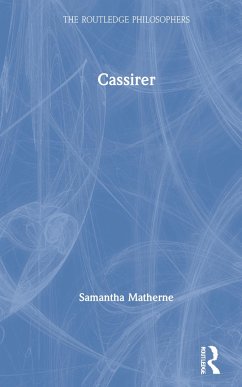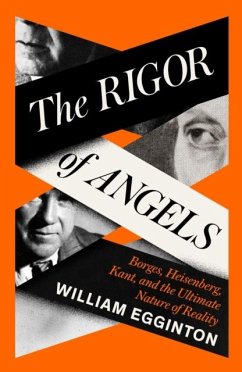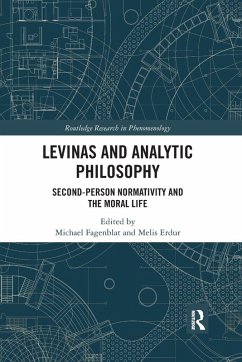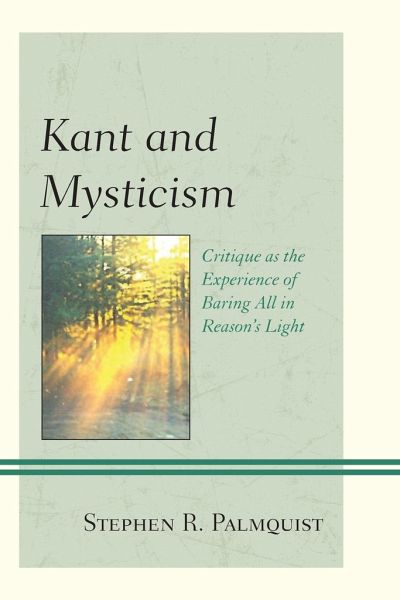
Kant and Mysticism
Critique as the Experience of Baring All in Reason's Light

PAYBACK Punkte
21 °P sammeln!
Kant and Mysticism interprets Kant's early criticism of Swedenborg's mysticism as the fountainhead of the Critical philosophy. Kantian Critique revolutionizes not only traditional metaphysics, but also our understanding of mysticism: Critical mysticism is a unitive experience that impels us to lay bare all human pretensions to reason's light.






